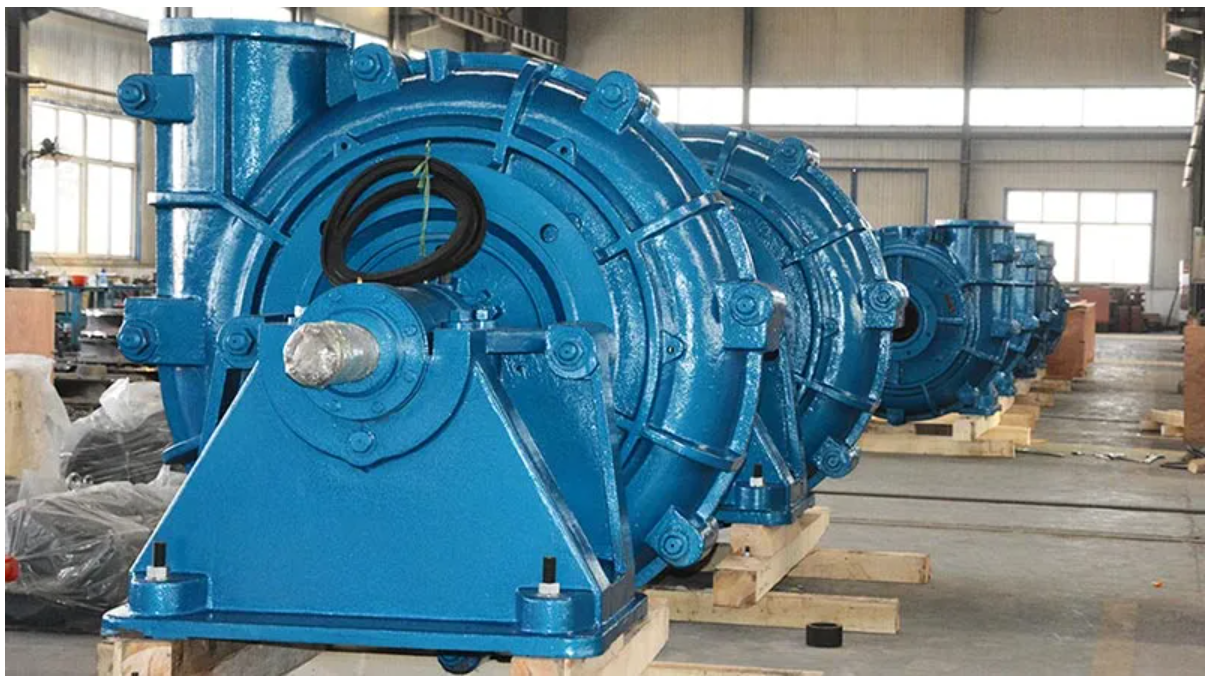Dic . 13, 2024 11:48 Back to list
centrifugal pump for slurry factory
Centrifugal Pumps for Slurry Handling A Critical Component in Industrial Applications
Centrifugal pumps are vital equipment in various industrial settings, particularly in factories dealing with slurry—a mixture of liquid and solid particles. The unique characteristics of slurry, which often includes abrasive and viscous materials, demand specialized pumping solutions to ensure efficient and safe operations. Understanding the significance, design features, and operational considerations of centrifugal pumps for slurry applications is essential for manufacturers and operators alike.
What is Slurry?
Before discussing the pumps, it’s crucial to define what slurry is. Slurry is typically composed of water and solid particles, which can vary significantly in size, shape, and density. Industries such as mining, metallurgy, and wastewater treatment frequently deal with slurries, as the transportation of materials in this form allows for efficient handling and processing. However, the presence of solid particles presents unique challenges for pumping systems, making the selection of the right pump critical.
The Role of Centrifugal Pumps
Centrifugal pumps are widely used for transporting fluids due to their simple design and ability to produce continuous flow. In the context of slurry, these pumps operate by converting rotational energy, typically from an electric motor, into kinetic energy in the fluid. The impeller within the pump is designed to accelerate the slurry outward, increasing its velocity and allowing it to overcome system resistance.
These pumps offer several advantages for slurry handling, including their ability to manage large volumes of fluid and their straightforward maintenance requirements. Additionally, centrifugal pumps can be engineered to withstand the abrasive nature of slurries, which is essential for minimizing wear and prolonging service life.
Key Design Features
When selecting a centrifugal pump for slurry applications, certain design features become paramount. These include
1. Impeller Design The impeller is critical in determining the pump’s efficiency and ability to handle solids. A designed impeller for slurry typically has a robust construction and features open or semi-open designs to reduce clogging and maximize flow.
centrifugal pump for slurry factory

2. Material Selection Given the abrasive nature of many slurries, materials used for the pump’s construction are of utmost importance. Common materials include high chrome, rubber-lined, or ceramic options to enhance durability and resistance against wear.
3. Volute and Wear Liners A well-designed volute aids in converting the kinetic energy from the impeller into pressure. Wear liners within the volute further protect the pump’s structure from abrasion caused by solid particulates.
4. Sealing Mechanisms Proper sealing is essential to prevent leaks, especially when handling corrosive or hazardous slurries. Mechanical seals or packed glands are common solutions to ensure reliable operation.
Operational Considerations
Operating a centrifugal pump for slurry handling requires careful attention to several factors
- Pump Selection It is crucial to ensure the pump is appropriately sized for the specific slurry’s properties, including viscosity, density, and particle size distribution. Inadequate sizing can lead to performance issues, including cavitation or excessive wear.
- Flow Rate and Pressure Monitoring the flow rate and discharge pressure is vital to ensure optimal performance. Maintaining the correct operating conditions minimizes the risk of pump failure and improves efficiency.
- Regular Maintenance Routine inspection and maintenance are essential for prolonging the life of slurry pumps. Components such as impellers, seals, and bearings should be regularly checked and replaced as needed to prevent unexpected downtime.
Conclusion
Centrifugal pumps play a crucial role in the efficient handling of slurries in various industrial applications. Their design features, operational capabilities, and maintenance needs highlight the importance of selecting the right pump for specific slurry conditions. As industries continue to evolve and face new challenges, advancements in pump technology will enhance the effectiveness of slurry transport systems, ultimately leading to increased productivity and reduced operational costs. Investing in the appropriate centrifugal pump for slurry applications ensures smooth operations and safeguards the integrity of both the equipment and the materials being processed.
-
Heavy Duty Vertical Froth Pumps High Efficiency & Durability
NewsMay.24,2025
-
High-Quality Rubber Lined Slurry Pump Spare Parts China Suppliers & Manufacturers
NewsMay.24,2025
-
China Warman Slurry Pump Spares - OEM Parts & Custom Solutions
NewsMay.23,2025
-
China Slurry Pump Group Durable Vertical Sump Pumps & Rubber-Lined Solutions
NewsMay.23,2025
-
High-Quality 6-Inch Submersible Slurry Pumps Trusted Suppliers
NewsMay.23,2025
-
High-Quality Sand Suction Dredge Pump Factories Durable & Efficient
NewsMay.22,2025
